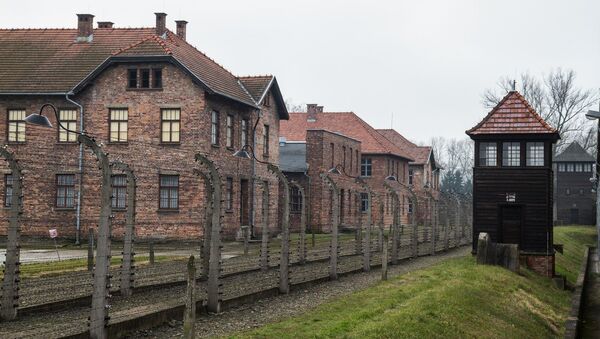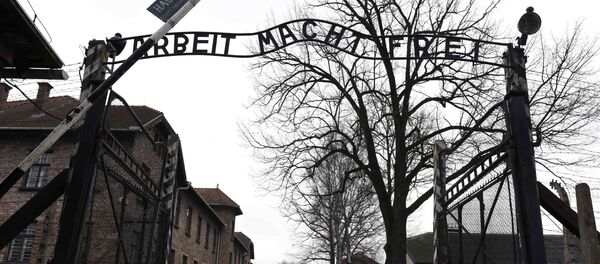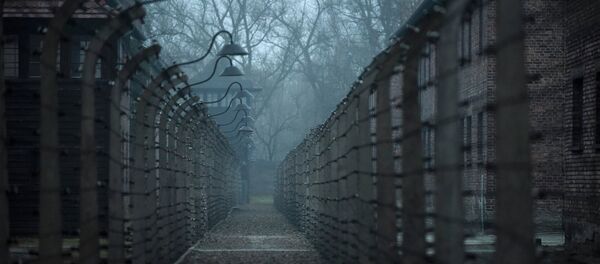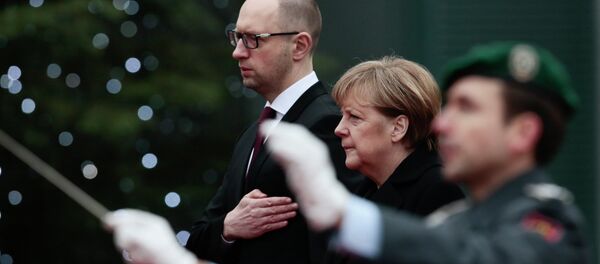Dr. Schneider explained that when his organization "learned that the Russian president had not been invited to Poland…this outraged us, because it demonstrated the lack of respect to the Soviet soldiers who liberated the camp, liberated its prisoners."
The partisan organization head notes that after sending a request to the Polish Foreign Ministry to clarify the situation, the answer the group received was that "no politicians were invited." However, as he discovered later, "we found it a complete surprise that the German president would be a guest at the event. To invite the president of the country which committed the crimes, but not to invite the president of the country whose people served as the liberators –this is something we cannot reconcile with."
Despite the fact that the president was not officially invited to the liberation commemoration, Russia will still send a representative, Russian Foreign Minister Sergei Lavrov told journalists earlier this week. On Wednesday, Russian UN Ambassador Vitali Churkin criticized Polish Foreign Minister Grzegorz Schetyna for remarks which appeared to claim that Auschwitz had been liberated by Ukrainian troops.
The Auschwitz concentration camp complex operated from 1940 to 1945 in an area of Poland which had been annexed by Nazi Germany. In the period between September 1941 and January 1945, an estimated 1.1 million people were killed there. Auschwitz is notoriously known for being one of Nazi Germany's largest concentration camps, and serves as a symbol of the Holocaust, with 90 percent of those who died thought to have been Jews. Thousands of Poles, Soviet prisoners of war and others were also put to death. When Soviet troops entered the facility on January 27, 1945, about 7,500 thousand people were found imprisoned in the facility; tens of thousands of others had been evacuated on a forced death march west.





